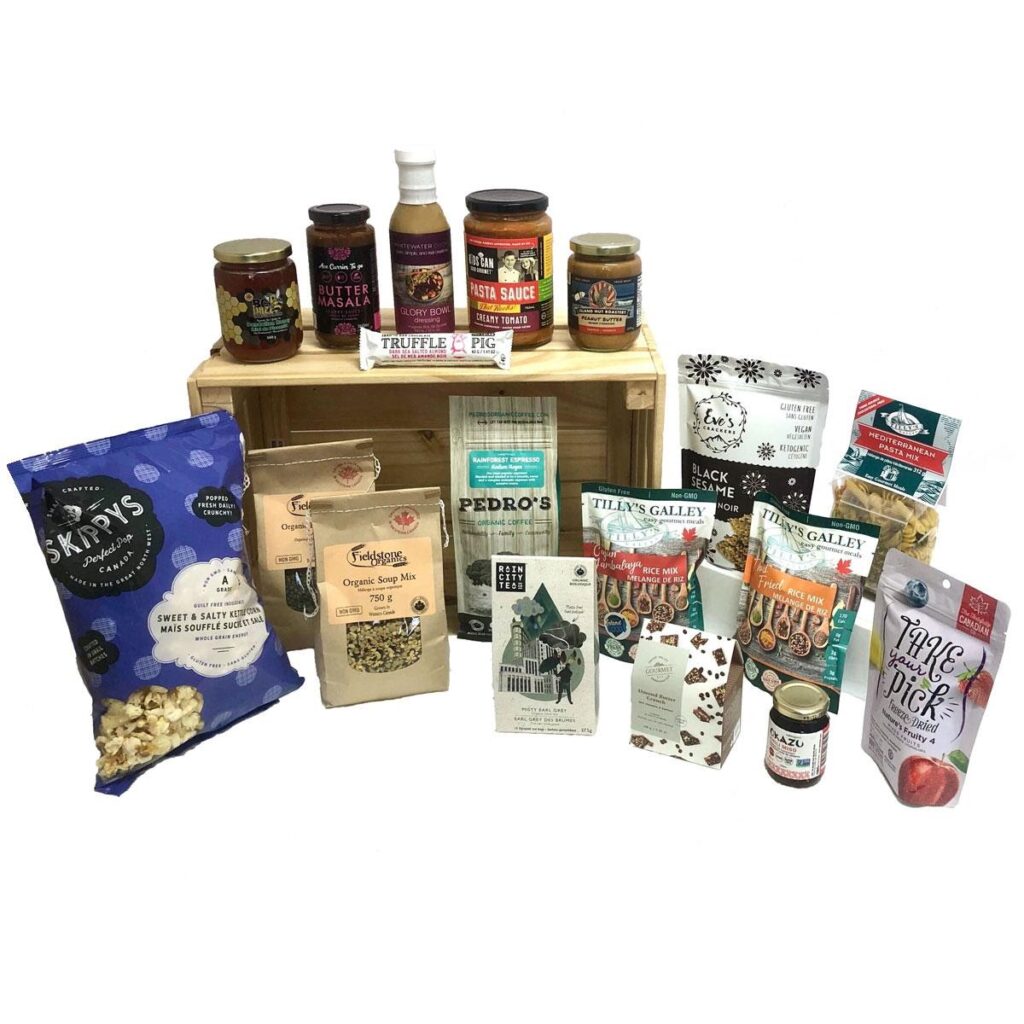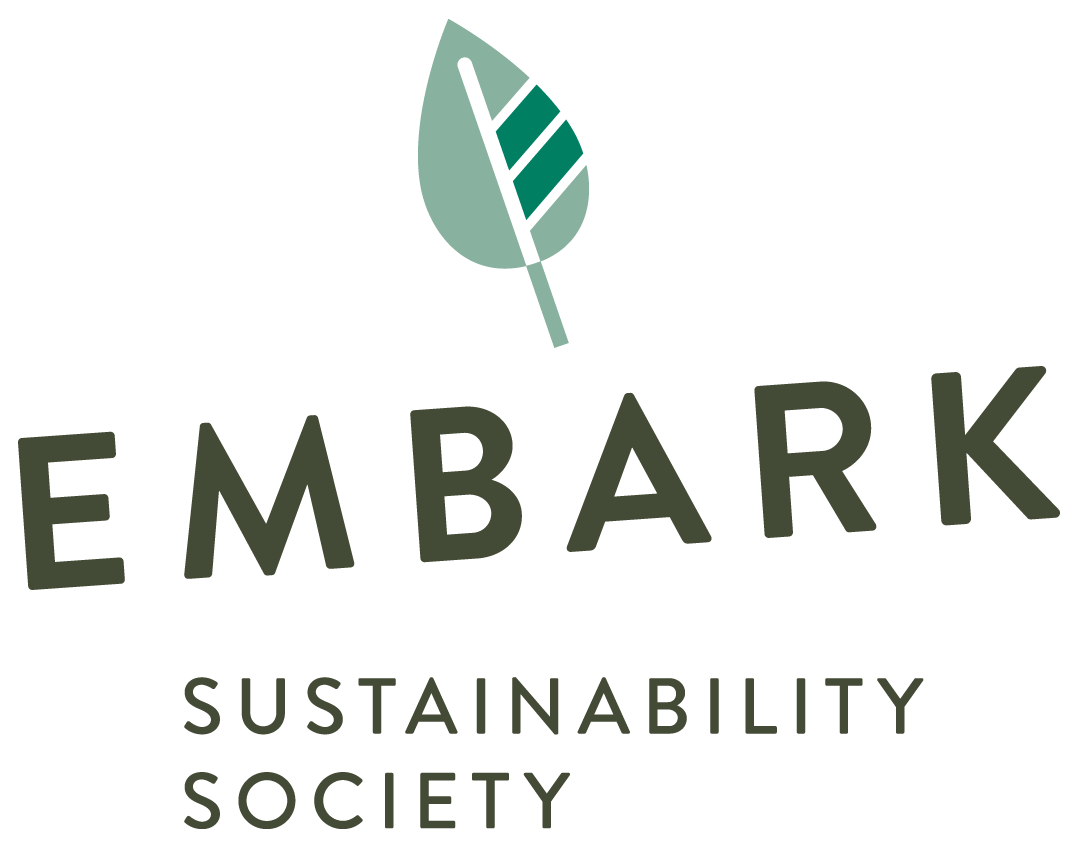Re-connecting to our local food system during these unprecedented times
Finding connection and community close-to-home
In these unprecedented times of COVID-19 and physical distancing, our local communities are finding innovative ways to maintain connection with each other over the sharing and enjoyment of food.
With stories and photos showing long lines at big box stores and empty grocery shelves, there is a looming sense that food has become scarce in our communities. These feelings of isolation are compounded by financial hardship, changes in our daily routines, and constant reminders to maintain our distance from one another.
Realizing we cannot rely on a globalized food system during this pandemic, some of our local businesses, organizations, and municipalities are banding together to support one another and find ways to connect our residents to our local food system and each other.
Below is a non-exhaustive list highlighting the variety of programs and initiatives that are taking place in our communities, ranging from low-cost meals, volunteering opportunities, food banks, and local food boxes. We hope this article reminds all of us about the power of connection, and that there are multitudes of people in our communities that are looking out for one another.
City of Coquitlam Offers Meal Delivery and Other Support to Seniors
Since March 30th, the City of Coquitlam has been offering a weekly, low-cost meal delivery service to seniors during this health crisis. Senior residents can sign up to purchase nutritious frozen meals prepared by volunteers in the Dogwood and Glen Pine pavilion kitchens. Priced at $7.50 and delivered free-of-charge on Tuesdays and Fridays, the meals are intended to help seniors stay healthy and reduce their need to go out. City staff have also over 2,500 senior residents to check on their well-being and provide a distant, yet personal, connection.
The Canadian Artisan Foods Emergency Pantry Food Box
Victoria-based Canadian Artisan Foods usually distributes BC and Canadian non-perishable organic products. During these times, they have launched the “Emergency Pantry Food Box” containing 17 products that’s deliverable to any addresses in BC. Canadian Artisan Foods is connected to more than 100 BC food producers who sell small-batch, high-quality food items. With consumers being told to stay home and shop online, local producers are seeing a hit to their businesses since most of their products are sold in-store and at major food events and trades shows. The pantry food box connects consumers with local producers through an online system, similar to the concept of home delivery grocery services. By buying these boxes, consumers can enjoy local goods at wholesale prices whilst supporting local families and helping keep people employed at this time of crisis.

BC Farmers’ Markets are still open!
BC Farmers’ Markets are considered an essential service as food retail establishments, so it is still possible to support your local farmers and food businesses. Measures are being instated to modify practices so that residents and vendors can connect in-person and support one another at the local markets. Some of the vendors are selling their products through an online platform, BC Farmers’ Markets Online, making it easier to access artisan and farm-to-table products while supporting the viability of local farms.
Local out-of-work chefs hired to cook free meals for our communities
Fresh Roots Urban Farm Society and Growing Chefs! partnered together to adapt the in-school meal program “LunchLAB” program into the “LunchLAB: Chefs for Families” program to offer students and their families delicious, healthy, chef-prepared meals out of school. Working with the Vancouver School Board and a team of collaborators and supporters (including the Italian Cultural Centre and Ono Vancouver), “LunchLab: Chefs for Families” is providing more than 5,000 meals to 260 families each week. Food suppliers Yen Bros and Gordon Food Services have supplied pallet after pallet of surplus food to keep the operation running, keeping nutritious food out of the landfill and compost.

School District 43 and SHARE Family and Community Services team up to get food to families in the Tri-Cities
Hundreds of hampers of fruits and vegetables are being packaged up at Centennial, Gleneagle, and Riverside Secondary schools and delivered via school bus to food banks in Coquitlam, Port Coquitlam, and Port Moody. The aim of the partnership between School District 43 and SHARE Family and Community Services is to provide fresh fruits and vegetables to families needing to use the food bank during this uncertain time. Since schools are closed, the culinary arts teaching spaces have been converted into food hamper preparation stations. Funds that would usually go toward school lunch programs are being used to buy groceries for the food bank. Each week, as many as 360 bundles of produce and packaged foods are prepared at the local high schools and delivered by school staff to the SHARE food banks. Any adult with a current ID and proof of address are encouraged to visit the food bank. The three food banks are: at Share’s offices in Port Moody, Trinity United Church in Port Coquitlam and Hillside Community Church in Coquitlam.
Coquitlam families find community and connection in group take-out food gatherings
Instead of dining in restaurants, a group of Coquitlam residents are staying connected on Friday evenings by supporting Tri-City restaurants though take-out and eating outdoors together, but at a distance by setting up tables in their front lawns and driveways. The first Friday, food was ordered from Patina Brewing in Port Coquitlam to provide support to the new eatery and brew pub that launched just as the COVID-19 pandemic was starting to spread.

The following week, food was ordered and picked up from Jamila’s Kitchen and Grill in Port Moody, known for providing a free meal for those in need. When the bill for 12 meals was paid, the Coquitlam resident who picked up the food received 20 vouchers for free meals that will be given to families in need.
Author: Samantha is a graduate student at Simon Fraser University in the Master of Resource Management (Planning) program in the Food Systems Lab, focusing on sustainable food systems and community planning. She is passionate about building climate and food resilient communities by ensuring community, ecological, and cultural needs are placed at the forefront.
